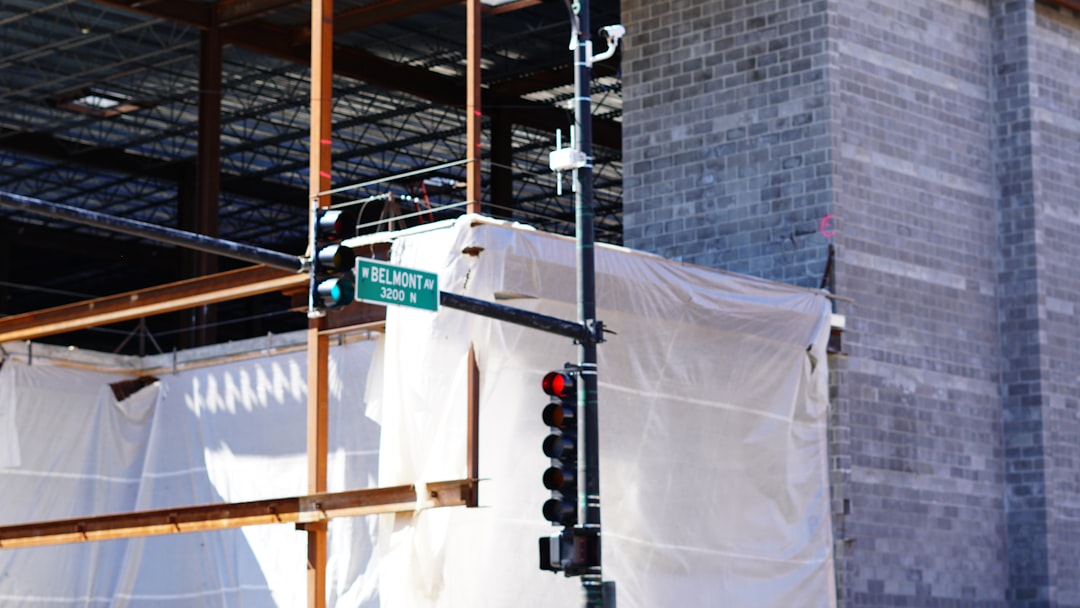CountBricks: Grab Bars Installation Cost for Safe Homes
Price source: Costs shown are derived from our proprietary U.S. construction cost database (updated continuously from contractor/bid/pricing inputs and normalization rules).
Eva Steinmetzer-Shaw
Head of Marketing
Understanding Grab Bars Installation Cost in Residential Construction
With the increasing demand for residential safety upgrades, grab bars have become essential. For construction professionals, understanding the cost of installing grab bars is crucial for accurate quoting and maintaining profit margins. Current installation costs range from $85–$300 depending on materials and complexity.
Key Cost Drivers You Need to Track
1. Bar Type and Material
- Standard stainless steel bars are the budget baseline.
- Designer finishes like matte black or bronze add 20-40% to the cost.
- Features like integrated LED or antimicrobial coatings increase costs further.
2. Bar Length and Load Rating
- 12-inch bars are cheaper, but 24- to 36-inch lengths are more common in residential settings.
- ADA-compliant 500 lb load ratings can increase hardware costs by 10-15%.
3. Wall Composition
- Direct-to-stud installs are the fastest and cheapest.
- Tile or stone surrounds require specialty tools and anchors.
- Older plaster walls may need additional support like blocking or backer boards.
4. Labor Skill and Accessibility
- A simple bath install averages 1-1.5 labor hours.
- Confined spaces can double setup and cleanup time.
Average Price Ranges Tracked by CountBricks
Based on data from CountBricks users across North America, here are some average costs (materials + labor):
- Basic 18-inch stainless bar on drywall: $100–$350 each
- Premium 24-inch designer finish on tile: $100–$350 each
- Custom angled configuration (two bars plus corner brace): $200–$350
Hidden and Often Overlooked Line Items
- Site protection materials average $20–$150 per room.
- Fastener kits for wet areas can cost $20–$100 each.
- Minor drywall or tile patching can add $80–$200.
- Travel time for single-bar service calls can erode margins.
Regional Variations You Should Expect
Labor costs vary significantly. In metro areas, a licensed carpenter may charge $50–$125 per hour, while in suburban or rural areas, rates may be $50–$80 per hour. CountBricks adjusts estimates automatically by ZIP code.
Step-by-Step Residential Installation Workflow
- Confirm client goals and bar placement during a walkthrough.
- Upload blueprints for stud mapping.
- Select bar style from the material catalog.
- Begin voice estimate: dictate wall type and finishes.
- Review cost breakdown on your device.
- Send PDF quote for e-signature.
- Schedule install and trigger invoice upon completion.
Why Accurate Estimating Matters for Safety Upgrades
Underestimating costs can lead to rushed labor or hidden expenses, while overestimating can deter clients. CountBricks helps balance these by providing live pricing and regional labor rates.
Comparing DIY vs. Professional Install
DIY installations may cost under $20–$100 in materials but risk improper anchoring. Professional installation ensures:
- Verified anchoring
- Correct ADA placement
- Workmanship warranty
ROI Beyond Dollars
Properly installed grab bars reduce fall claims and insurance premiums, enhancing safety and marketability.
Getting Started with CountBricks
Sign up at CountBricks.com to start pricing your next grab bar install.
Pro Tips for Boosting Profit on Small Safety Jobs
- Bundle multiple bathrooms to reduce travel costs.
- Offer package pricing for multiple installations.
- Keep popular bar lengths in stock.
- Use CountBricks to duplicate and tweak templates quickly.
Final Word
The true cost of grab bars installation involves multiple factors. CountBricks provides clarity and confidence for quoting and profiting on safety upgrades.
CountBricks Case Snapshot: Two-Bath Safety Retrofit
A CountBricks client in Pennsylvania needed safety upgrades for her parents' home. The project involved installing four 24-inch brushed-nickel grab bars through ceramic tile.
AI-Driven Estimate in Under Five Minutes
- The contractor described each wall surface in a voice session.
- Our system suggested appropriate tools and materials.
- Local labor rates auto-filled at $50–$125 per hour. Total estimated time: 3.5 hours.
- Overhead and profit margins were applied, resulting in a final quote of $300.
Execution and Invoice
The team completed the installation in 3.25 hours. A courtesy rebate was issued due to lower actual labor time, and the final invoice was emailed instantly.
Lessons Learned
- Pre-loaded material SKUs saved time.
- Accurate drilling forecasts prevented schedule overruns.
- An automated rebate delighted the homeowner, resulting in a 5-star review.
Implement These Insights on Your Next Project
- Use blueprint takeoffs to locate studs in tiled showers.
- Set labor efficiency benchmarks to trigger alerts for time drifts.
- Offer tiered finish options to give clients cost control.
CountBricks equips you with the data and documentation to deliver safety, speed, and profit every time.

